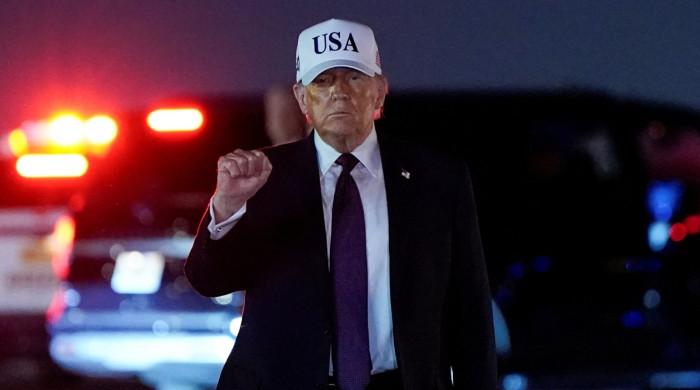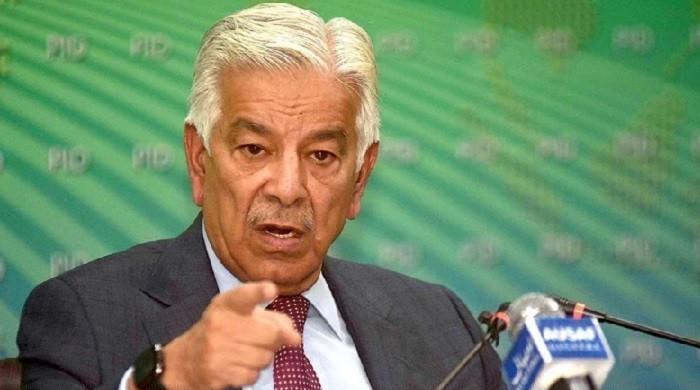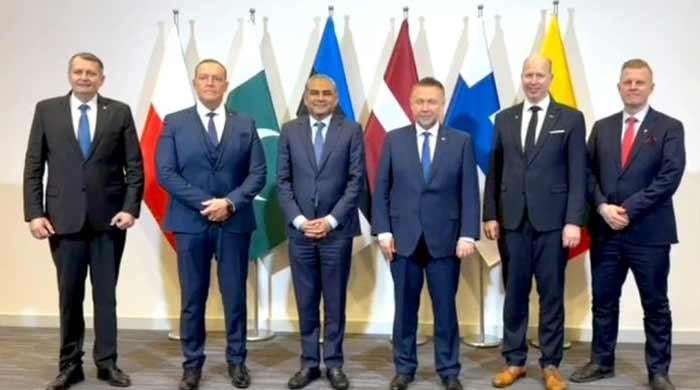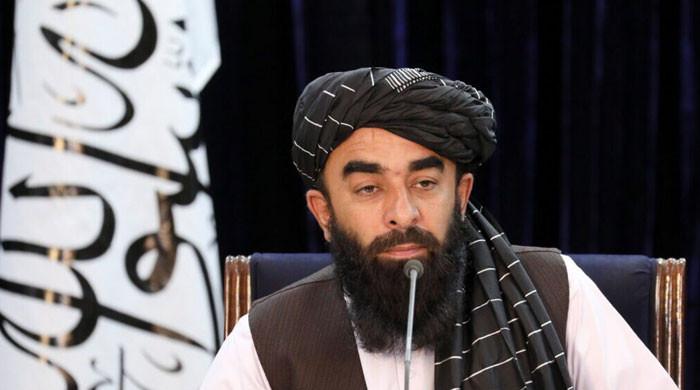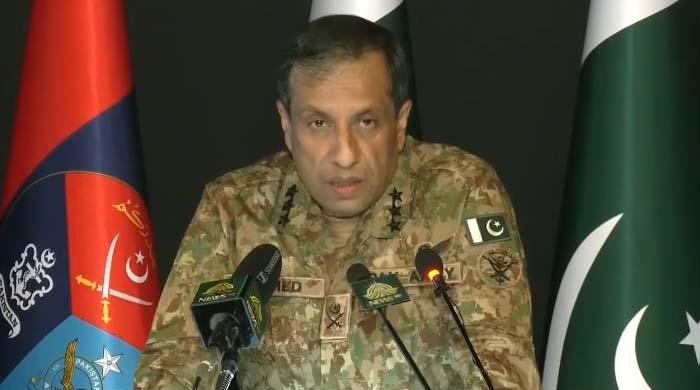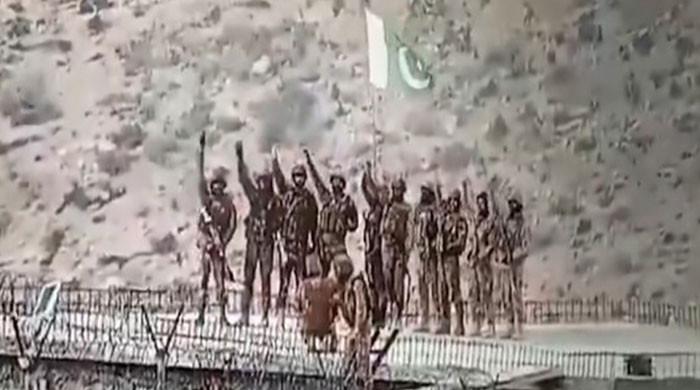Pakistan to support Sri Lanka against UNHRC’s war crimes resolution: report
The resolution calls to probe allegations of war crimes by all sides during the final months of Sri Lanka’s civil war, confirm govt sources
March 21, 2021
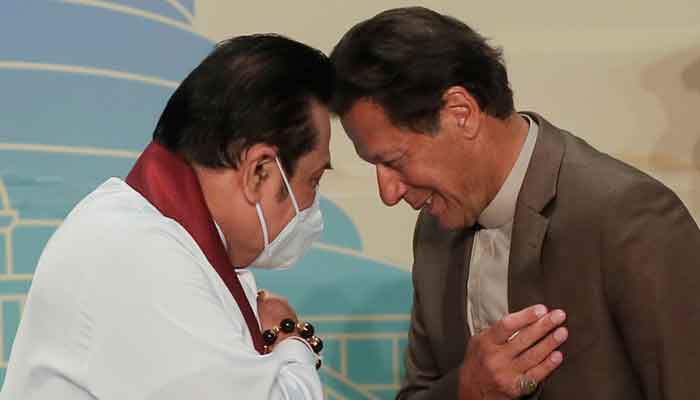
- Pakistan has decided to vote against the UN Human Rights Council (UNCHR)'s new resolution in Geneva.
- The UK, Canada, Germany, Malawi, Montenegro, and North Macedonia had submitted a draft resolution for consideration by the council.
- The resolution calls for a probe into allegations of war crimes by all sides during the final months of Sri Lanka’s civil war.
ISLAMABAD: Demonstrating its support to Sri Lanka, Pakistan has decided to vote against the UN Human Rights Council (UNCHR)'s new resolution in Geneva concerning war crimes, The News, quoting government sources, reported on Sunday.
The United Kingdom, Canada, Germany, Malawi, Montenegro, and North Macedonia had submitted a draft resolution for consideration by the 47-member Human Rights Council.
The resolution calls to probe allegations of war crimes by all sides during the final months of Sri Lanka’s civil war, confirmed government sources.
Pakistan’s decision to support Sri Lanka comes after Colombo reversed its earlier policy statement and its Foreign Office clarified that it was not going to ban burqas worn by Muslim women nor shut down 1000 schools where Islam is taught.
Read more: Foreign Office confirms PM Imran Khan's Sri Lanka trip amid speculation
Colombo received a severe backlash against the announcement of banning burqas and closing down all such schools since they only taught the Arabic language and the Quran, following which the country changed its policy.
Pakistan reacts to SriLanka’s decision on banning burqas
Reacting to the decision, Pakistan — a close ally — had severely criticised Colombo.
The high commissioner in Sri Lanka had publicly stated that recent steps taken by Sri Lanka were ‘divisive’ and would ‘injure’ the feelings of Muslims.
Pakistan’s High Commissioner to Sri Lanka Maj Gen (R) Saad Khattak tweeted: “The likely ban on Niqab by Sri Lanka will only serve as injury to the feelings of ordinary Sri Lankan Muslims and Muslims across the globe. At today’s economically difficult time due to pandemic and other image-related challenges faced by the country at the international level, such divisive steps in the name of security, besides accentuating economic difficulties, will only serve as a fillip to further strengthen wider apprehensions about fundamental human rights of minorities in the country”.
SriLanka’s clarification on the decision
The country, in its statement, had clarified that the remarks of Sri Lanka’s Minister for Public Security, Sarath Weerasekera, were only a proposal and discussions were still continuing.
“The government will initiate a broader dialogue with all parties concerned and sufficient time will be taken for necessary consultations to be held and for consensus to be reached,” said the statement.




